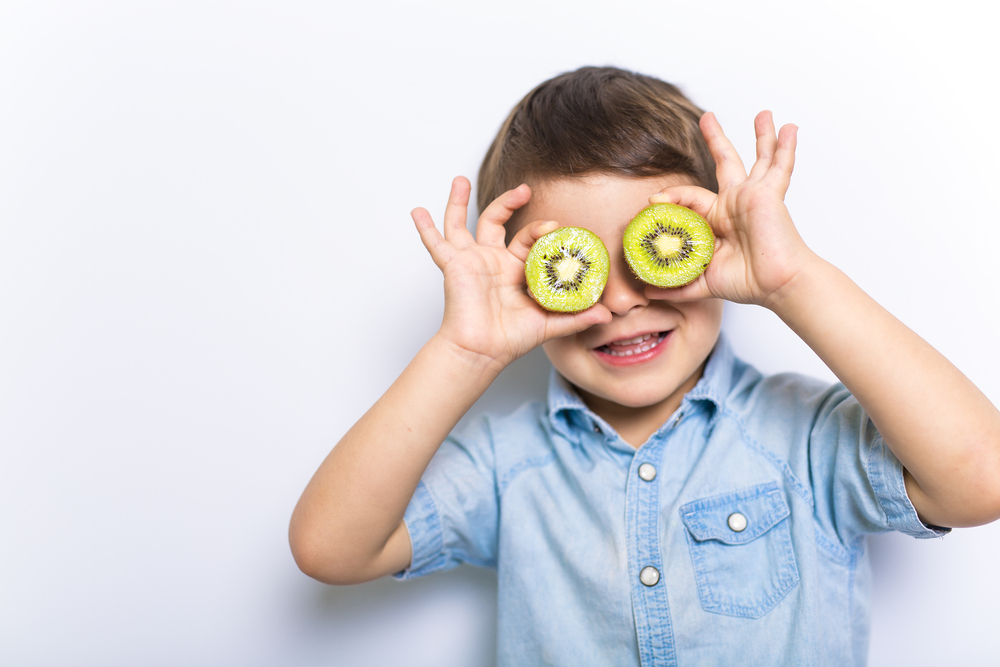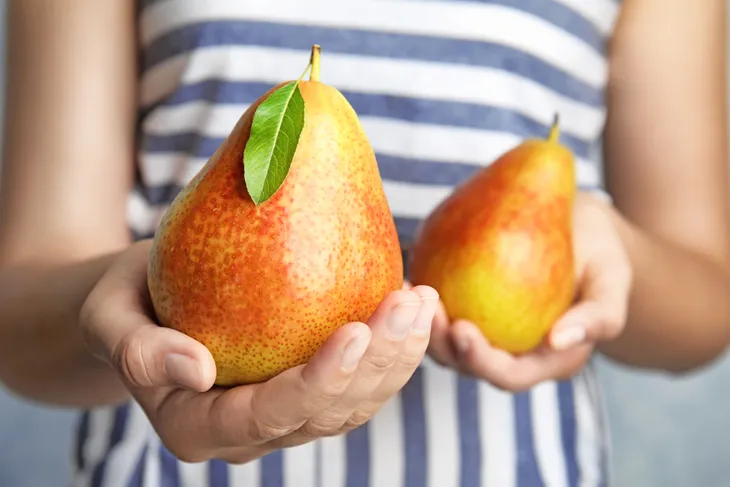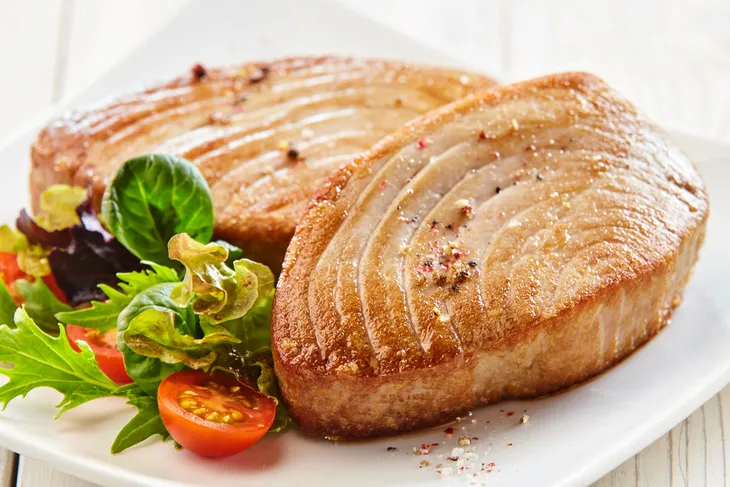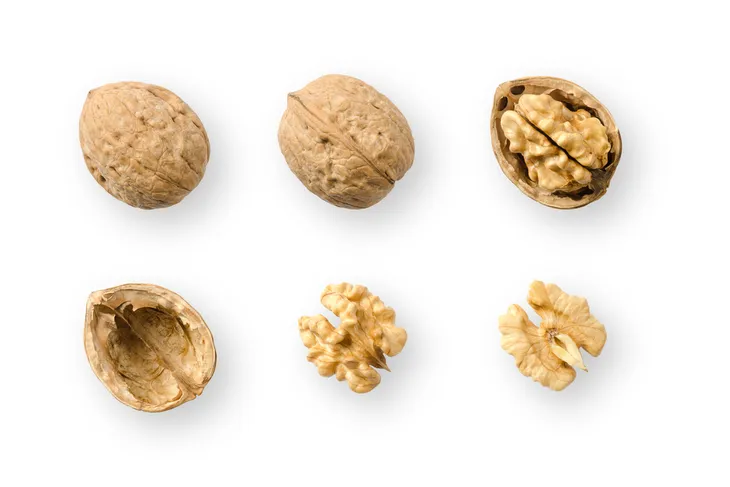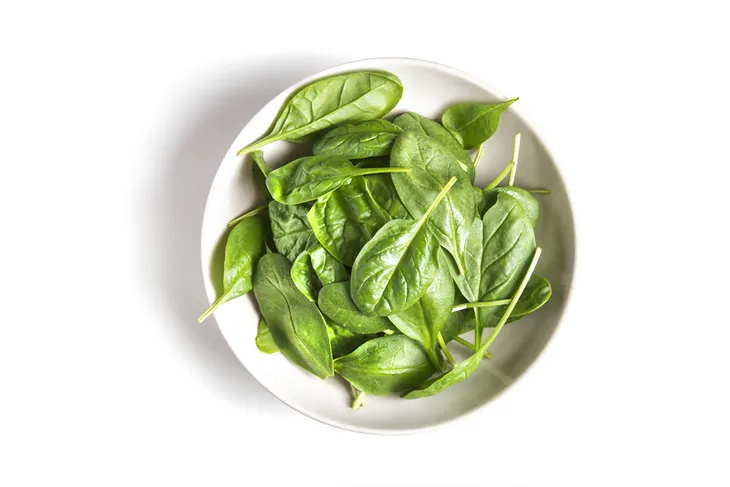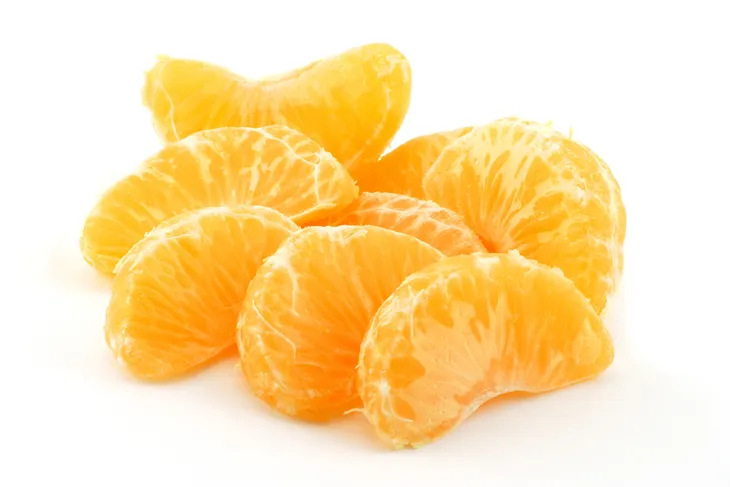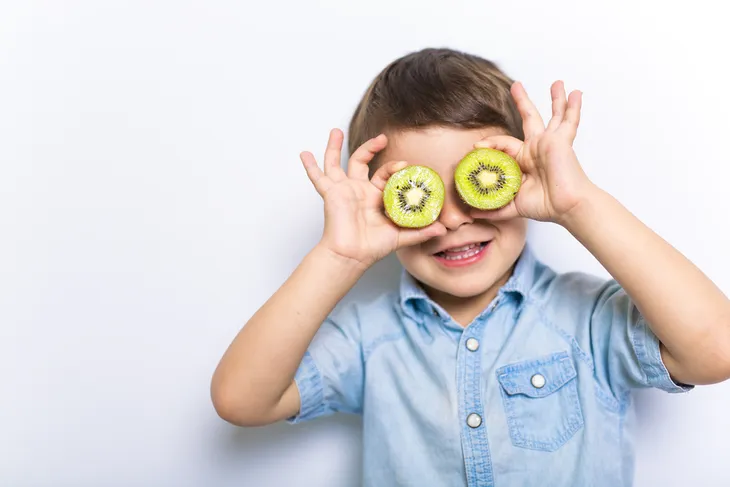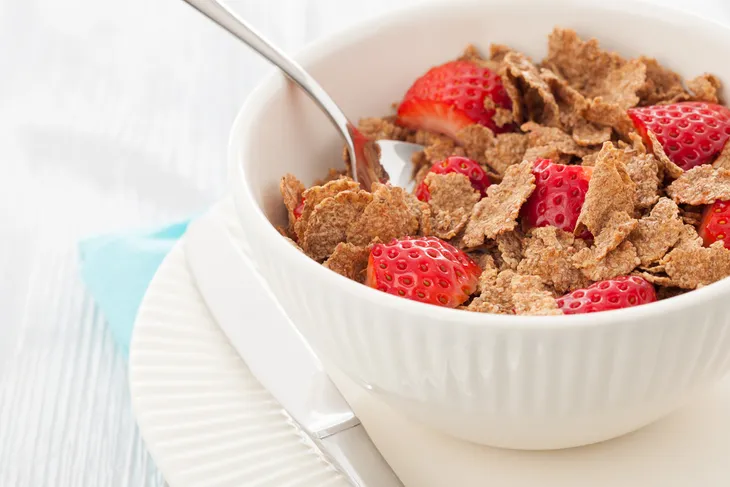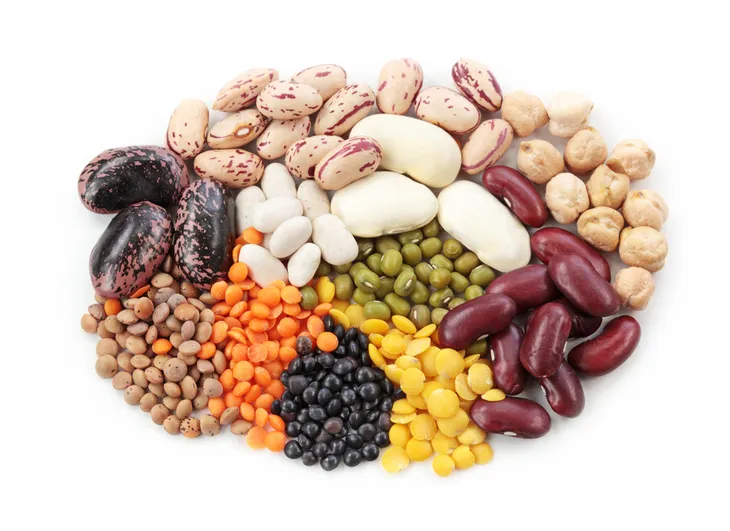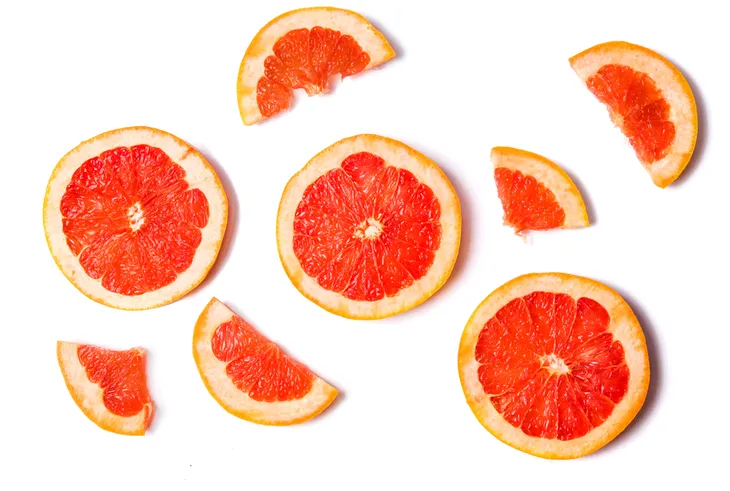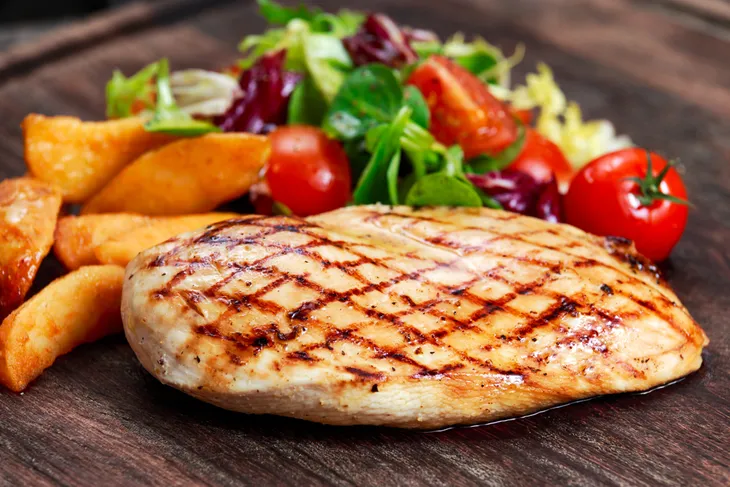According to the CDC (Center for Disease Control and Prevention), 8.4-percent of children aged 3-17 years in the US suffer from ADHD. Managing this condition can be difficult enough on its own but trying to cope with a child who has it can seem almost impossible.
To help control some of the symptoms of ADHD, many parents and doctors have turned to nutrition. What you feed your child on a daily basis can have a huge impact on the severity and frequency of his/her symptoms.
Before we get to the list of foods your child should (and should not) eat, we need to stress this: Every child is different and will react to certain foods differently. Some children have allergic reactions to certain types of food (dairy etc.) which can trigger ADHD symptoms. It’s always best to talk to your doctor before making any significant changes to their diet.
That being said, there are certain types of foods that have been known to either help or hurt children suffering from ADHD. Foods that contain artificial sweeteners, foods that contain high amounts of sugar, saturated fat or caffeine and processed foods like deli meat have been linked to triggering ADHD symptoms in children. On the other hand, foods high in Vitamin B, protein, calcium and trace minerals have the opposite effect on children and can actually reduce symptoms on a regular basis.
Below you will find the 15 Best foods to feed children with ADHD (check out the link at the end of the article for 15 worst foods for managing ADHD):
1. Apples
Apples are a great source of complex carbohydrates. Doctors have recommended that children with ADHD increase their intake of complex carbohydrates. Eating these types of foods right before bed has also been known to help children sleep better. An apple a day will keep your ADHD symptoms at bay.
2. Goat’s Cheese
Cheese is a great source of protein and protein. However, many who suffer from ADHD suffer with a cow’s milk allergy or intolerance, which can exacerbate ADHD symptoms. If you suspect your child has an allergy to cow’s milk/dairy, try switching to goat cheese instead to improve concentration and improve how ADHD medication works.
3. Pears
Much like apples, pears are a good source of complex carbohydrates. If your child doesn’t like apples (or you’re just looking to add more variety to their diet), pears are a great alternative. Similar to apples and other complex carbs, eating pears at night can help aid sleep.
4. Tuna
Omega 3 fatty acids have been known to significantly decrease ADHD symptoms in many children. Tuna is a phenomenal source of Omega-3 fatty acids. Using tuna to make things like wraps, sandwiches and pasta salads for kids’ lunches is a great way to try and help control their symptoms.
5. Eggs
Eggs are also a great source of protein. Protein is essential in maintaining a balanced diet and controlling symptoms in children with ADHD. Much like cheese, eggs will improve concentration and increase the time ADHD medications work. Eggs (especially hard boiled since you can make them ahead of time and have them on hand) are a great breakfast option for parent.
6. Nuts
Similar to tuna, nuts are a great source of Omega-3 fatty acids. Walnuts and Brazil nuts have been shown to have the most impact when managing ADHD symptoms but other types like almonds are a great alternative as well.
7. Spinach
Spinach is one of the most effective vegetables when it comes to controlling ADHD symptoms in children. Doctors often recommend leafy green vegetables and spinach is most definitely at the top of that list. There are many ways to add spinach to your diet. If your child refuses to eat it, blend it up alongside berries and other fruits in a smoothie and they’ll never even know they’re eating it.
8. Oranges
Eating oranges – and drinking 100 percent pure orange juice – are both great ways to add more complex carbohydrates to your child’s diet. These foods are known to help aid with sleep (falling asleep can be very difficult for kids with ADHD) and are a great source of Vitamin C as well. Having a glass of orange juice with your breakfast – or eating an orange for an after school snack will go a long way in helping to control ADHD symptoms.
9. Kiwi
Kids love kiwis! Much like oranges, apples and pears, kiwis are an incredible source of complex carbohydrates. This fruit is not only delicious and fun to eat but it’s a great alternative for parents looking to add more variety to their children’s diets. Eating apples and pears everyday can get boring. Adding in some kiwi will put a smile on your kids’ faces and will ensure they’re eating well too!
10. Salmon
Eating salmon at least once a week will help alleviate some of the symptoms your child might be experiencing from ADHD. Salmon is one of the best sources of Omega-3 fatty acids and is one of the healthiest fish you can eat. If you’re looking to mix things up a little, cut up salmon fillets and make a healthy spinach salad for dinner. It will be refreshing and healthy and will help eliminate ADHD symptoms for your child.
11. Whole Grain Cereals
Cereal can be a very healthy breakfast option for kids suffering from ADHD but there are a few key things to remember. First, you’ll always want to choose multi-grain options. Instead of normal Cheerios, choose multigrain. Secondly, you’ll want to avoid cereals with artificial colors and artificial sweeteners. What does that mean? It simply means opt for kinds like Corn Flakes and Fiber 1 instead of Fruit Loops and Lucky Charms.
12. White Fish
White fish is a great way to incorporate more Omega-3 fatty acids into you and your child’s diet. If you’re eating too much salmon (or simply looking for an alternative or addition to salmon) white fish is a great option. Serving white fish with a side garden salad will make for a delicious meal and will help keep your child’s ADHD symptoms at bay.
13. Beans
Beans, much like cheese and eggs, are a great source of protein. We can’t stress enough how important it is for children with ADHD to maintain a protein-healthy diet, so a handful of beans each day will go a long way in controlling their symptoms.
14. Grapefruit
Looking for interesting ways to add some more complex carbohydrates to your child’s diet? Apples, pears and oranges are a great source but if you’re looking to change things up a little, grapefruit is another great alternative. Having a grapefruit with your morning breakfast (or a glass of grapefruit juice) will give your kid the nutrients he/she needs to go to school feeling great.
15. Chicken (BEST)
Chicken boasts countless health benefits but the biggest nutritional factor when it comes to chicken is the amount of protein. Most kids love chicken and there are countless ways to incorporate it into your weekly meal planning. From chicken salads and chicken pizza to soups and stuffed chicken, there are an endless number of options that your kids will love. Adding protein to your child’s meals will improve their concentration and will increase the time their ADHD medication works.
Looking for Other Health-Related Articles? Check these Out:
